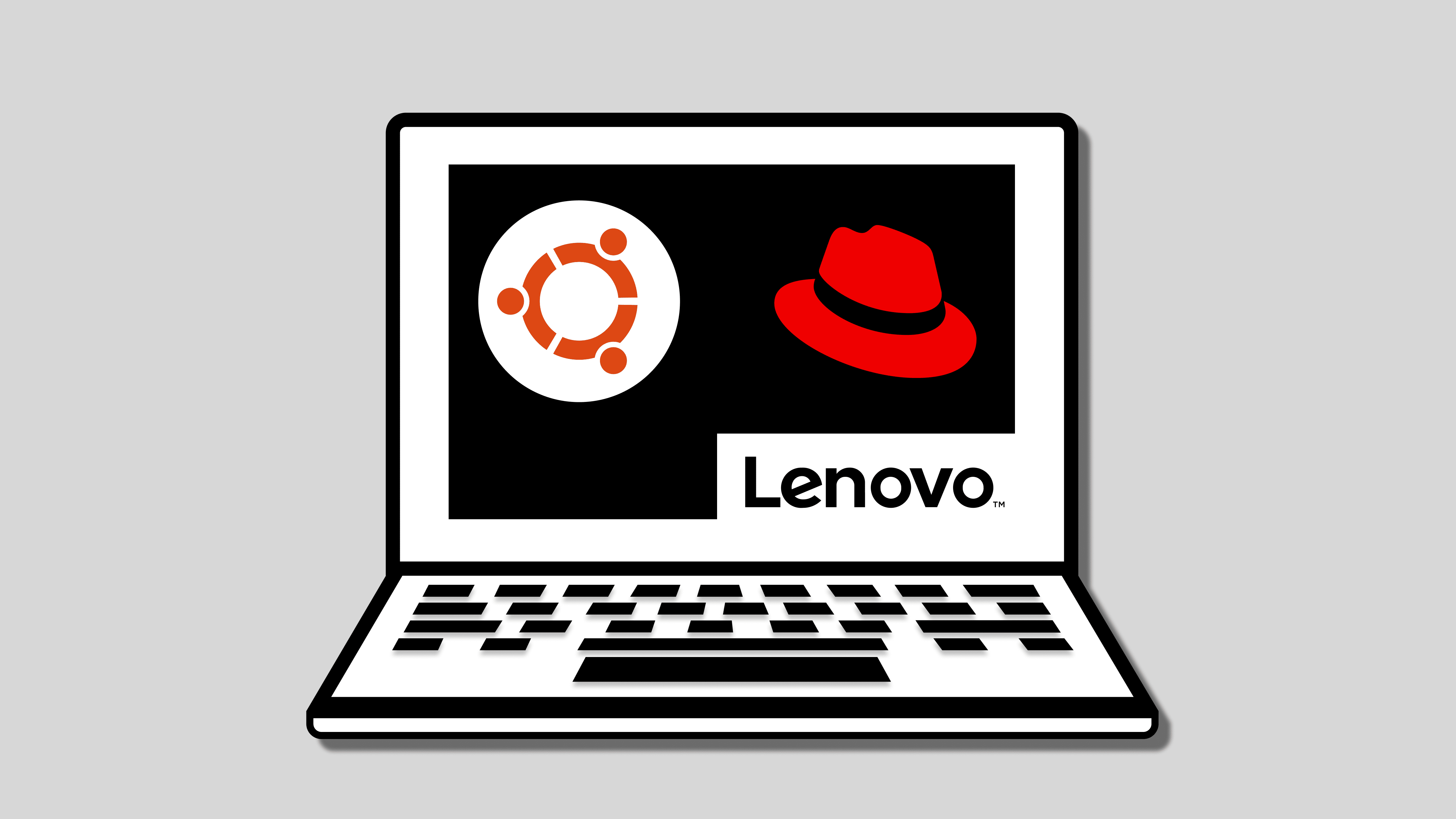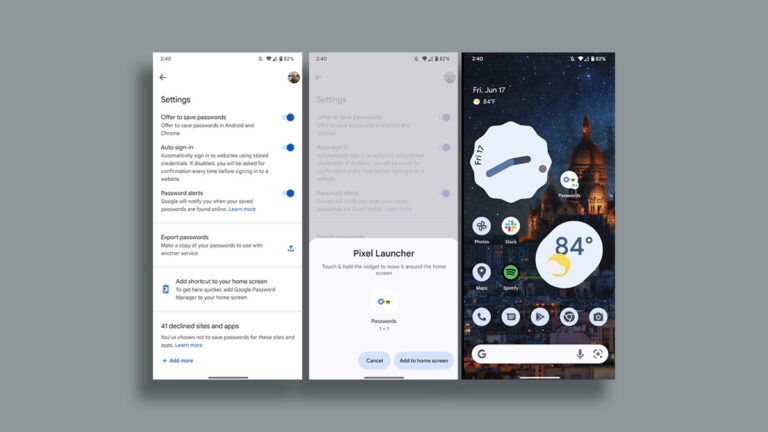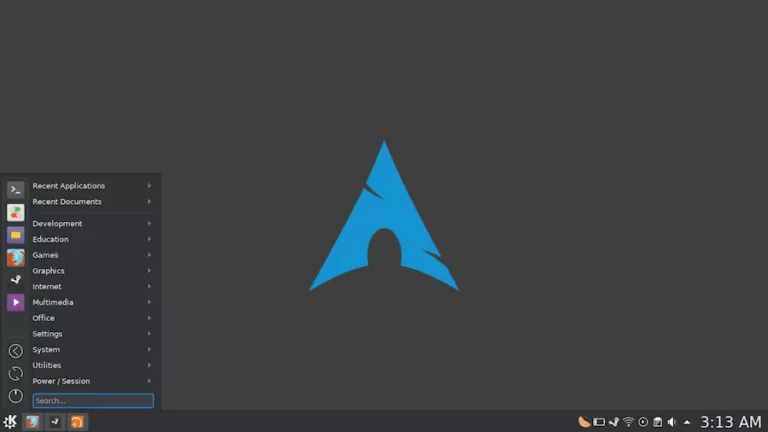Big Win For Linux Desktop! Lenovo Picks Two More Linux Distros To Certify

Towards the end of April 2020, we reported about the collaboration of Lenovo with the Fedora project to ship the latest Fedora 32 Workstation in Lenovo’s ThinkPad P1 Gen2, ThinkPad P53, and ThinkPad X1 Gen8 laptops.
Lenovo is now back with another exciting news to further enhance the Linux desktop experience and its participation in the Linux community. Lenovo has announced that it will certify its entire P-series ThinkPad laptops and ThinkStation PCs for top Linux distros, Ubuntu, and Red Hat Enterprise Linux (RHEL).
Over the summer, Lenovo will also start rolling out its workstation computers with Ubuntu and Red Hat Linux desktops. To ensure full-fledged Linux support, Lenovo will also provide full web support, dedicated Linux forums, and configuration guidance.
Going further to offer end-to-end security support, Lenovo will team up with host Linux developers to work on security patches, updates and verify hardware drivers, firmware and bios optimizations.
This does not end here; Lenovo says it will also upstream device drivers directly to the Linux kernel to maintain stability and compatibility throughout the life of the workstation.
A Big Win For Linux Community
Some of you may have already been using Linux on Lenovo computers. But you must also have noticed some lagging with system stability, performance, and hardware device support.
Hence, a big company like Lenovo standing up for Linux surely means better hardware and driver support for everyone. It will not only bring out-of-the-box Linux experience but also more users looking for better Linux supported PCs and laptops.
Not to forget, preinstalled Windows on laptops is one of the reasons that Windows still rules in the desktop market. Therefore, more preloading of Linux on computers will first introduce the beginner to the Linux ecosystem.
Secondly, it will help to reduce end-user complexity for those coming from various tech or non-tech industries like developers, artists, teachers, and scientists, and have less experience with Linux.






